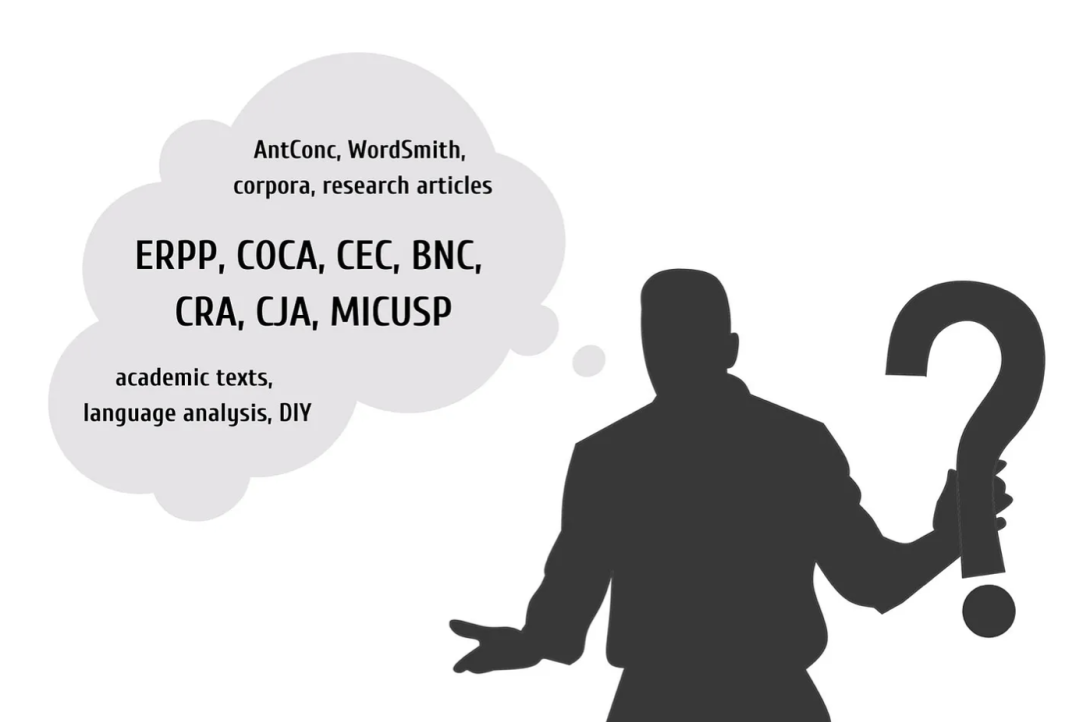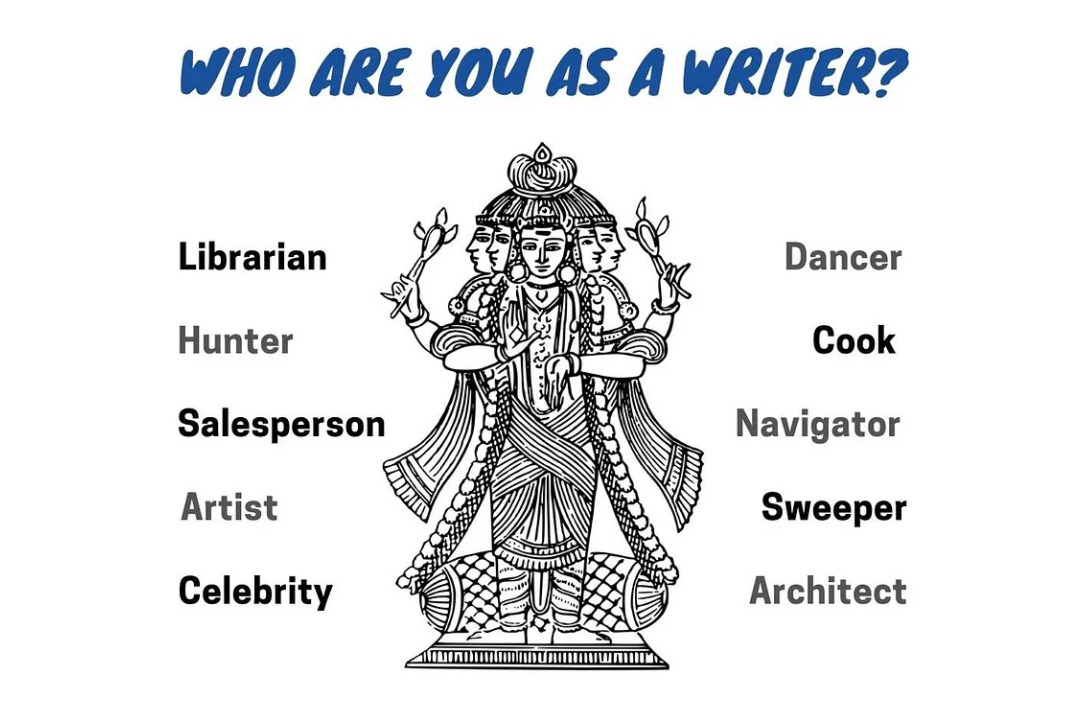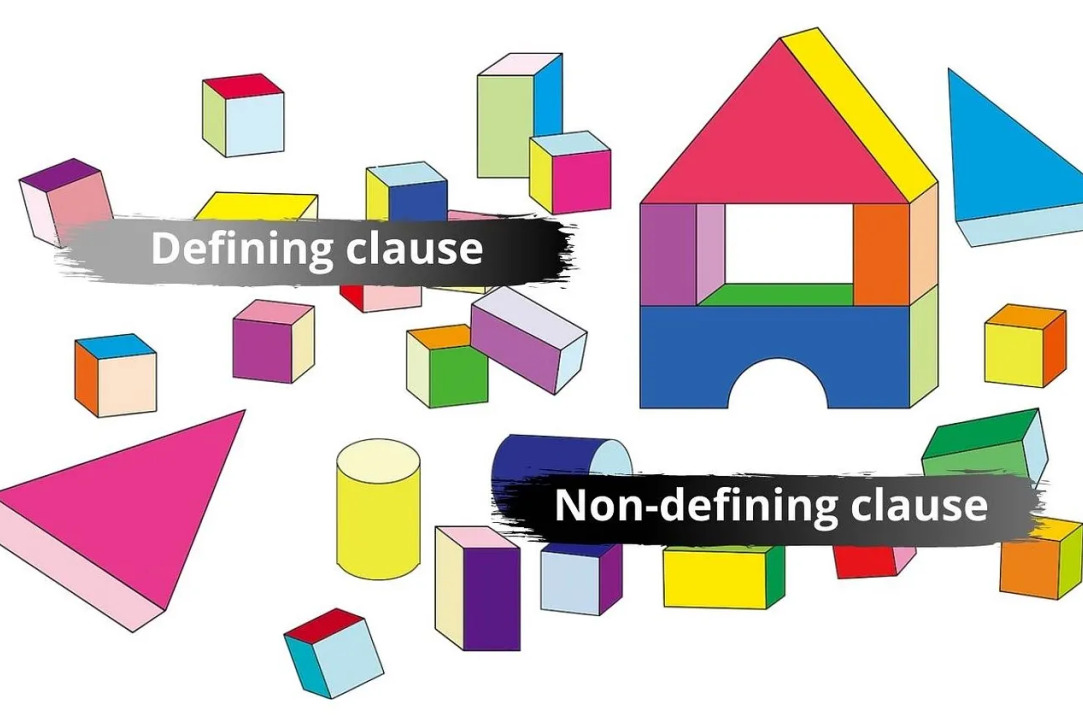
The Entangled Writing Process: Fostering the Writer’s Tacit Skills of Choice
Series Title: Writing: An Art of Making Choices Blog #3

Plato, Rhetorical Art, ChatGPT, and The Sophist in the Machine
Series Title: Writing: An Art of Making Choices Blog#1

Taking Cinderella to the Ball
Numbers are the unpopular stepsister of ELT. Despite their simplicity they are not easy. Even very high-level learners struggle with numbers. They struggle in a particular way, which I’ll come to in a moment. At the end of this blog, there are some activities to focus on numbers. They are designed for solo practice but can be easily adapted for working with others.

The Whys and Hows of Academic Blogging
So you are thinking about starting an academic blog, or perhaps contributing posts to someone else’s blog or the blog of an institution. You might well be asking yourself if it is really that different from other types of academic writing. This is a good question, but it is the wrong place to start. You should first be asking yourself, why bother?

Use Cause-Effect Connectors Skillfully
Do you agree that every animate and inanimate object has a certain purpose and a definite function in the world, even though this may not be obvious at first sight? Every time we say or write something, we do this with a certain purpose in mind, which defines the language we choose. In academic writing, which should be coherent and cohesive in order to be easily perceived, functional language can help to develop thoughts, maintain logic, and connect ideas. Having learnt various functional expressions, your writing as well as speaking will have clearer connections with the real-world activities. You will be able to sound more idiomatic and communicate ideas in a clearer way.

Articles in Articles
Ever wondered why and what way those three tricky words a/an/the are used? Look no further, we’ll try to make it clear in an easy bitesize way. After reading the blog, I hope you’ll feel more confident about the use of articles in any type of discourse, including academic writing.

Empowering Your Writing with Corpus Tools
With the pressures to publish internationally ever so real, many find that their experiences of learning English are taking on new meaning. As they settle into their role as writers for a global audience, the urge to find that old English grammar textbook re-emerges with new vitality. So does the interest in learning the kind of discipline-specific, relevant, and natural vocabulary that would help invite rather than discourage editors’ attention to their writing.



